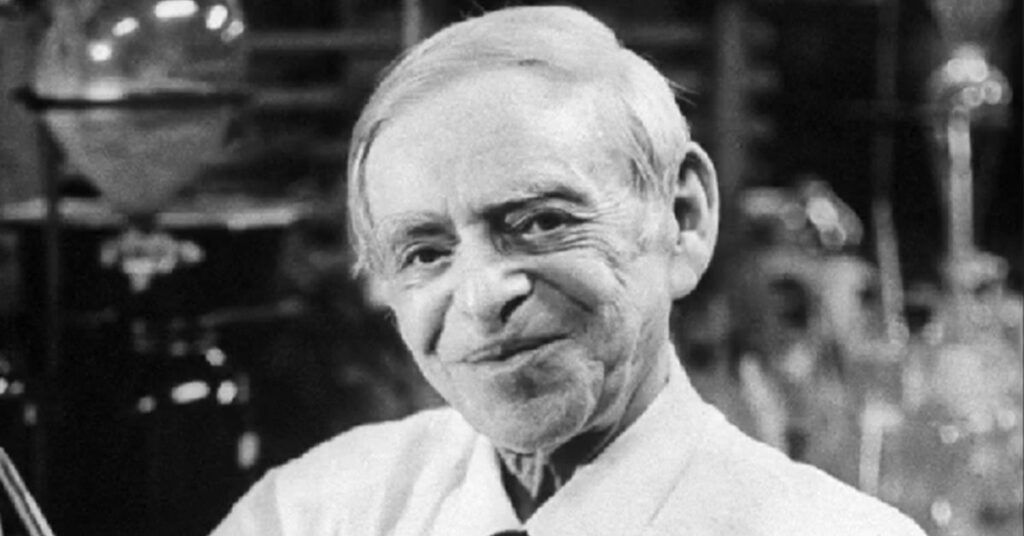
The legacy of Kazimierz Funk, often hailed as the “Father of Vitamin Therapy,” continues to resonate in the scientific community, particularly among those of Polish-American heritage. His seminal work on vitamins, which he initially termed “vital amines,” has cemented his status as a trailblazer in biochemistry and human health.
The Polish Institute of Arts and Sciences of America annually commemorates Funk’s contributions by bestowing the Kazimierz Funk National Award. This prestigious accolade celebrates the excellence of Polish-American scientists, many of whom have achieved global recognition, including Nobel laureates such as Roald Hoffmann and Aleksander Wolszczan, along with distinguished researchers like Hilary Koprowski, Peter Wolczanski, Wacszek Szybalski, and Zbyszek Darzynkiewicz.
Born in Warsaw, Poland, in 1884, Funk embarked on a journey that would lead him to significant scientific discoveries. After immigrating to the United States and adopting American citizenship, he passed away in Albany, New York, at the venerable age of 83. Despite his departure in 1967, Funk’s influence endures, especially in the field of nutrition and wellness.
While his professional accolades are well-documented, the personal life of Kazimierz Funk, particularly regarding his family, is less known. Born to Jacques Funk, a dermatologist, and Gustawa Zysan, the specifics of whether he had siblings remain uncertain. Historical records from his formative years in Poland are scant, leaving the details about his family’s size and structure obscure.
Despite the comprehensive records of Funk’s academic and professional milestones, the absence of information about any brothers or sisters he may have had contributes to the enigmatic aspects of his biography. While his parental lineage is established, the question of whether Funk was the sole offspring or had siblings persists as one of the many unsolved facets of his life. The lack of ancestral records further shrouds the personal dimensions of a man whose contributions significantly impacted nutritional science.
Curiosity also surrounds Funk’s financial legacy. As the discoverer of vitamins—a breakthrough with profound implications—it is natural to speculate about the economic rewards he might have reaped. Nonetheless, given the passage of over half a century since his death, accurate data concerning his assets, income, or overall net worth are not available. While he likely received compensation for his academic roles and research endeavors, there is no definitive evidence to estimate his wealth or the financial benefits derived from his vitamin-related discoveries.
In an era when scientific advancements can translate into substantial financial gains, it remains a point of interest whether Funk’s revolutionary work translated into material prosperity. However, without concrete financial records, any conjecture about his net worth remains speculative. Ultimately, Kazimierz Funk’s enduring contribution to humanity lies not in his personal wealth but in his groundbreaking work that fundamentally altered our understanding of nutrition and health.
